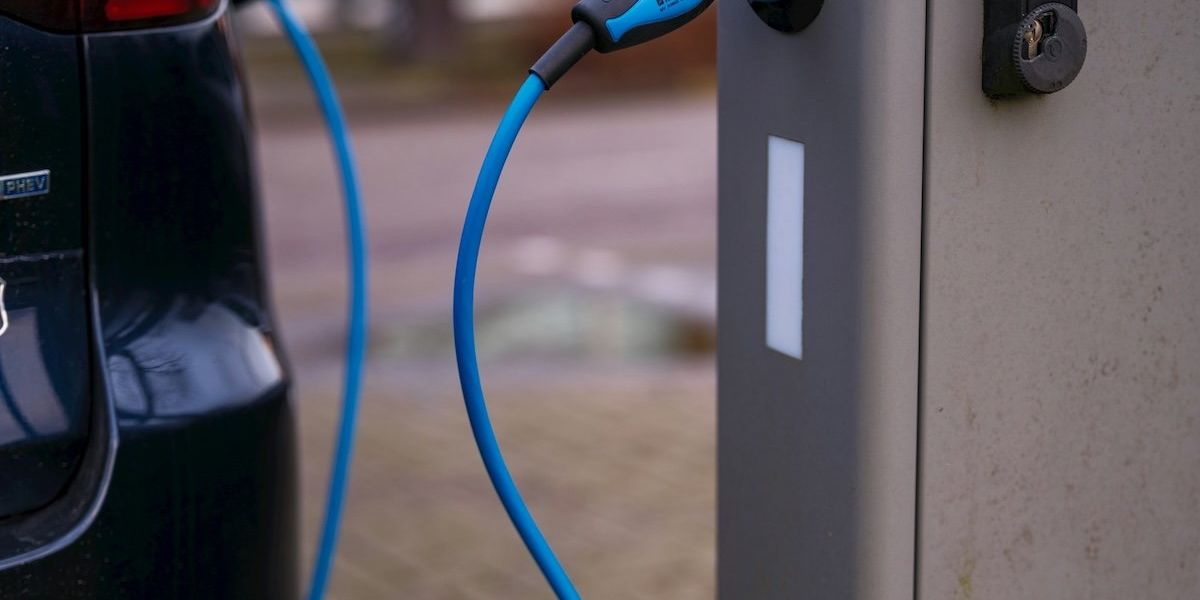Despite Pope Francis' call for divestment a decade ago, Catholic institutions have made uneven progress
Ten years after Pope Francis urged Catholic institutions to move away from fossil fuel investments, only a fraction have fully divested, with many still prioritizing profit or opting for shareholder engagement.
Liz Bulnes reports for Deutsche Welle.
In short:
- The Vatican’s 2015 Laudato Si’ encyclical and later recommendations spurred 1,600 institutions globally — 384 of them Catholic — to pledge fossil fuel divestment, though full transparency and completion remain elusive.
- Germany’s Bank für Kirche und Caritas (BKC) and Pax-Bank have made significant though incomplete strides toward divestment, favoring sustainable investments and green bonds.
- Some Catholic groups prefer influencing fossil fuel companies through shareholder engagement, but recent research shows most oil and gas firms continue expanding fossil fuel development.
Key quote:
"In short, the reason many continue to invest in fossil fuel companies is profit."
— Tommy Piemonte, head of sustainable investment research at BKC
Why this matters:
The fossil fuel divestment movement reflects a growing recognition of the financial and moral risks of continued investment in industries driving climate change. While faith-based institutions like those in the Catholic Church wield substantial economic and moral influence, their varied responses highlight the complexity of shifting global capital away from fossil fuels. As oil and gas companies persist in expanding exploration and drilling, even amid escalating climate impacts, the effectiveness of divestment versus shareholder engagement remains hotly debated.
Read more: Pope Francis made climate change a moral crisis. Following his death, the world needs a new voice













